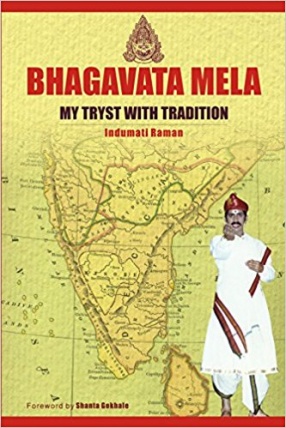
Shanta Gokhale

Showing all 16 books
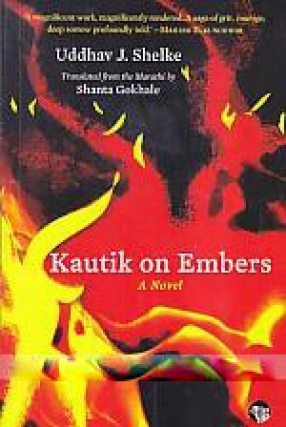
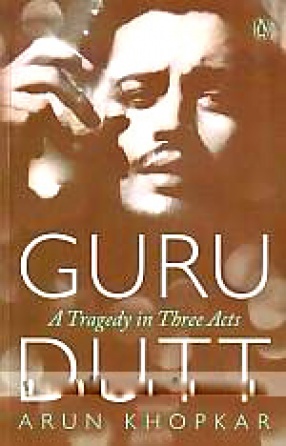

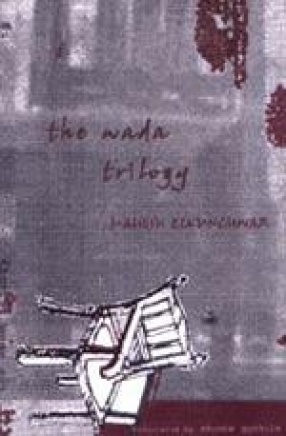
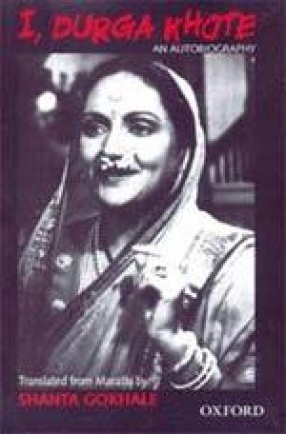

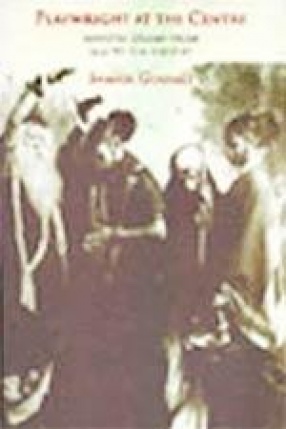
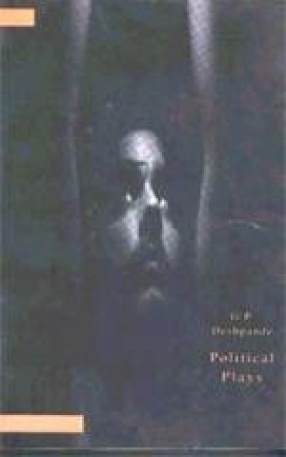

There is very little historical material published on Bhagavata Mela. This book is a compilation of research during the author’s ten-year association with the gurus, artistes, musicians and pandits of the Melattur Bhagavatha Mela Natya Vidya Sangam. This is the first step to document all aspects of the tradition in one book.
Bhagavata Mela – My Tryst with Tradition scans the history and evolution of the Bhagavata Mela tradition. The scholarly Nayaks ...
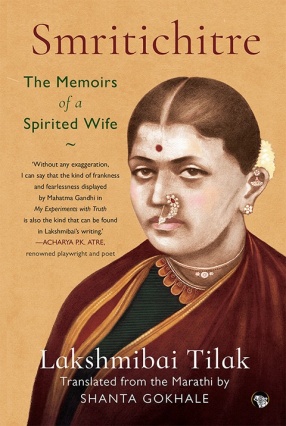
Lakshmibai Tilak was born in 1868 into a strict Maharashtrian Brahmin family in a village near Nashik. And at the age of eleven, she was married off to poet Narayan Waman Tilak, a man much older than her.
In Smritichitre, Lakshmibai candidly describes her complex relationship with her husband-their constant bickering over his disregard for material possessions, which quite often left them penniless, and his bouts of intense rage in these moments. But at the core ...

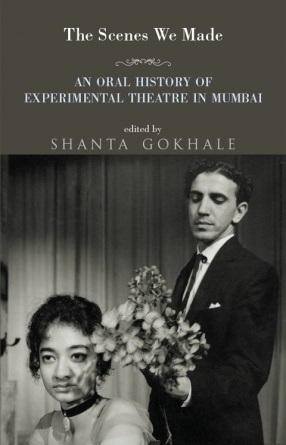
Mumbai’s theatre scene is a dynamic and creative space that has continuously inspired young theatre practitioners from the 1960s to the present day. It is filled with lessons learned and unlearned, techniques invented and reinvented. It is a space in which experimentation constantly takes place—where, as Shanta Gokhale says in her preface, ‘the new’ consciously opposes ‘the old’ and results in the kind of theatre that forces ...
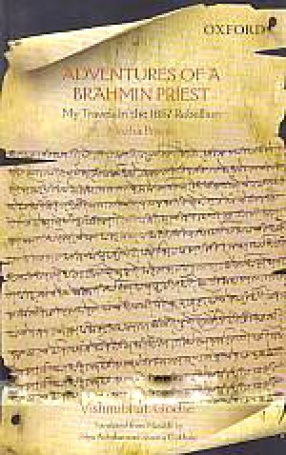
This translation of Marathi classic, Mazha Pravas, published in 1907, presents an eye-witness account of the 1857 Rebellion. Using 19th century idiom, it describes rituals and prayer, bizarre cross-dressing, battle and blood, and, most memorably, the fall of Jhansi.
Straddling both historiography and literature, it interprets the Rebellion as a righteous one and pins its failure to a moral point: in killing women and children the rebels violated the Hindu code of ...
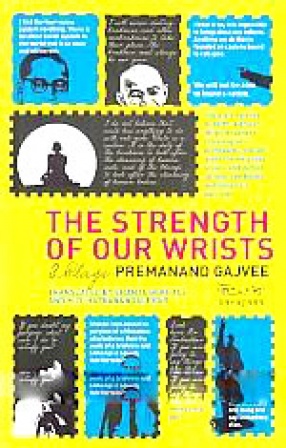
Premanand Gajvee writes with a fierce urge to expose unspoken histories and set right historical wrongs. His plays, never complex,have the unerring ability to unsettle and move the reader,and compel us to reckon with discomfiting realities.The three plays translated from Marathi in this collectioneach representing a distinct style in Gajvees oeuvreprobe contentious questions of contemporary relevance, often evoking widespread debate.The one-act Ghotbhar Pani (A ...

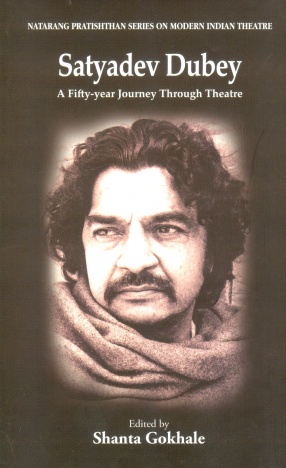
Dubey has been passionately involved in theatre full time since the early sixties. Along with the late Shyamanand Jalan in Kolkata and Rajinder Paul, publisher-printer of the theatre magazine Enact in Delhi, Dubey was responsible for the great exchange of plays that happened between Hindi, Bengali, Kannada and Marathi theatre in the sixties and seventies. Amongst the playwrights who came to national recognition during this energetic exchange were Vijay Tendulkar, ...

In this unusual Marathi play the playwright weaves a complex narrative with just four characters—Begum Barve, a small-time female impersonator who has spent his life playing bit roles in the professional Marathi theatre of the early twentieth century, his exploitative employer, Shyamrao, and two clerks, Jawdekar and Bawdekar. Trapped between sensuous longings and the sordid reality of their humdrum existence, they seek redemption in make-believe. Layers of ...

With this trilogy, Mahesh Elkunchwar achieves a feat unique to playwriting in this country: developing a cycle which moves between many registers to unfold the evolving history of a family in present-day India mirroring the social and cultural shifts and changes that mark the twentieth century. From Old Stone Mansion to The Pool to Apocalypse, we follow the fortunes and struggles of the Deshpandes of Dharangaon, once highly respected and well-off landed gentry, ...

I, Durga Khoite is the account of the life and work of an actress who entered the world of Indian films when women from respectable families were still forbidden to do so. The era of silent movies was coming to an end, and the new talkies gave Durga Khote the opportunity to showcase her talent. Catapulted into the film industry by early marriage and premature widowhood, her autobiography reveals Khote’s grit in the face of tragedy, her determination to be ...

A Marxist intellectual, facing an inquiry, stands by his commitment, even as the forces ranged against him rake up a past that is a long and painful story of humiliation, betrayal and failure. In this widely performed play, the public and the private, the ideological and the emotional interpenetrate to make this exposure/self-discovery of a highly-sensitive individual a piece of intellectual history—so characteristic of its author, the Marathi playwright G. P. ...
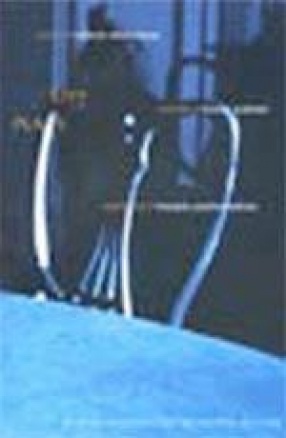
Three plays in the naturalistic mode, set within the four walls of a city apartment, throwing people into close contact, relationships unravelling under pressure, the moment of crisis in each case precipitated by an absent presence who is never seen on stage. Intense human dramas, each one, reflecting the claustrophobic lives of their urban characters. In Mahesh Elkunchwar’s Party, translated by Ashish Rajadhyaksha, members of the ‘creative’ set are ...

The Marathi theatre has been vigorously alive now for over one hundred and fifty years in a continuously vital way. It is one of the most active and prominent regional theatre traditions in this country. This pathbreaking study takes a close look at two streams of secular, urban theatre—the touring professional theatre centred in Mumbai whose audience was largely the educated middle class of Maharashtra’s small town and cities; and the ‘other’ or ...

G. P. Deshpande is a Marxist scholar, an academic, and a widely produced and translated playwright. Every one of his plays has been put on stage by major directors. His plays have a reputation for being dense in ideas, discussion and debate. This cycle of three plays—A Man in Dark Times, Past One O’Clock, A Passage to Darkness—deals with the impact on human beings, and their relationships, of the collapse of the Communist ideal, and the vacuum left by the ...
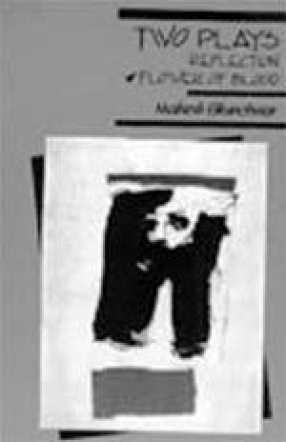
In Flower of Blood and Reflection, Mahesh Elkunchwar presents two young men—or maybe they are one and the same—both loners from a small town, lost in the metropolis, where one is used as live booty over which a mother and daughter fight a desperate battle; and the other loses his reflection with fatal consequences. Verging on the absurd, they bear traces of their origin in the life of the middle class in India today.
